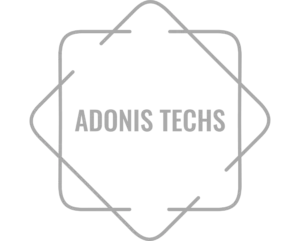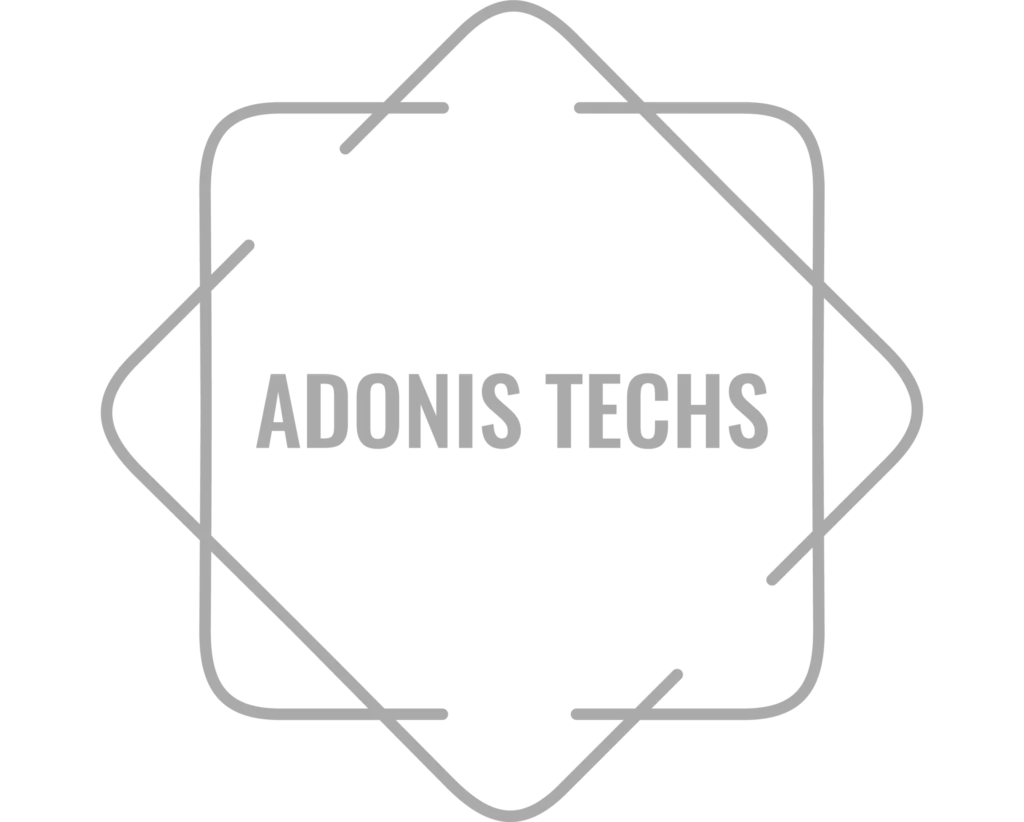For real estate brokers, managing relationships is the real business. Every lead, follow-up, and deal counts. A CRM (Customer Relationship Management) portal gives brokers control over these interactions helping them track clients, manage agents, and automate workflows from a single dashboard.
A custom-built CRM isn’t just a database. It’s a system that mirrors how your agency actually works tailored to your processes, team structure, and market.
Why Brokers Need a Dedicated CRM Portal
Off-the-shelf CRMs often overpromise and underdeliver. They may fit general businesses but lack real estate depth property pipeline tracking, lead assignment by agent, and commission calculations.
That’s why many agencies invest in custom CRM portal development to align technology with their exact operational flow.
A real estate CRM portal centralizes everything:
- Lead sources (website, ads, referrals)
- Property details and inquiries
- Agent performance
- Transaction histories
- Marketing campaigns
The result: fewer missed leads, faster deals, and better visibility into your business.
Core Features of a Real Estate CRM Portal
1. Lead Management
Collect leads from website forms, property listings, and ad campaigns. Tag, prioritize, and assign them automatically to the right agents.
2. Sales Pipeline Tracking
Visualize where each deal stands from inquiry to negotiation to closure. Custom dashboards make it easy to measure performance.
3. Property & Client Linking
Each client’s profile connects to the properties they viewed or inquired about.
4. Communication Tools
Built-in email, SMS, and WhatsApp integrations help brokers stay connected with clients without switching platforms.
5. Task & Follow-Up Automation
Auto-reminders ensure agents never forget a call or meeting.
6. Reporting & Analytics
Understand what’s working lead sources, conversion rates, and top-performing agents.
7. Role-Based Access Control
Separate modules for brokers, agents, and admin staff maintain data privacy and workflow clarity.
Integration with Real Estate Websites
A powerful CRM isn’t standalone it integrates seamlessly with your property listings and forms. When a client submits an inquiry on your site, the CRM captures it instantly, creating a new lead entry and notifying the assigned agent.
This connection between your website and CRM ensures no lead slips through the cracks.
To see how a well-built real estate site supports such integration, you can explore Real Estate Website Development by Adonistechs.
For a broader understanding of scalable systems, the Website Development guide provides helpful architectural insights.
Technology Stack for Real Estate CRM Portals
CRM portals require secure, data-heavy backends. Common stacks include:
- Backend: Laravel, Node.js, or Django
- Frontend: React.js or Vue.js for dashboard interactivity
- Database: MySQL or PostgreSQL
- APIs: Integration with Google Workspace, Mailchimp, or WhatsApp
- Cloud: AWS or Azure for hosting and backups
Custom CRMs often connect to marketing automation and analytics tools, turning every client interaction into measurable data.
Benefits of Custom CRM Development
- Tailored Workflows – Aligns with your internal sales structure.
- Data Ownership – Your CRM, your data no third-party control.
- Scalability – Add new modules as your brokerage grows.
- Integration Flexibility – Works with your website, app, and ad platforms.
- Better Team Accountability – Clear reporting keeps everyone aligned.
Cost of Developing a Real Estate CRM Portal
Pricing depends on features, complexity, and integration scope. Here’s a rough estimate:
- Basic Lead CRM: $4,000 – $6,000
- Advanced Broker Portal: $7,000 – $12,000
- Enterprise CRM with Multi-Agent Support: $15,000+
The cost reflects both development and implementation data migration, testing, and training included.
Why Customization Matters
Brokers using generic CRMs often adjust their process to the software, not the other way around. That leads to inefficiencies and wasted time.
With custom portal development, the technology fits your workflow perfectly so your agents can focus on selling, not software navigation.
Final Thoughts
A real estate CRM portal isn’t just a convenience it’s your command center. From lead nurturing to deal closure, it streamlines every step while keeping your data secure and organized.
In a business built on relationships, a CRM turns chaos into clarity. And for brokers, that clarity is where every sale begins.


